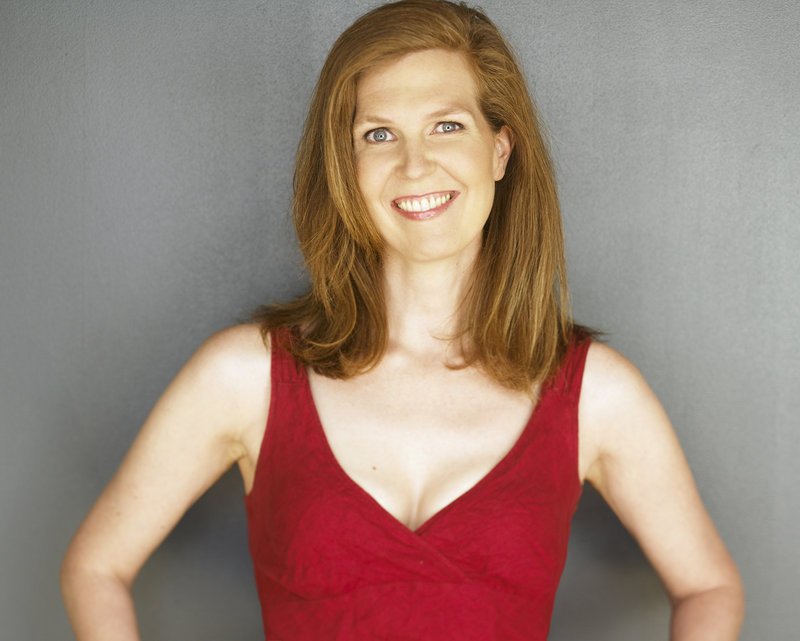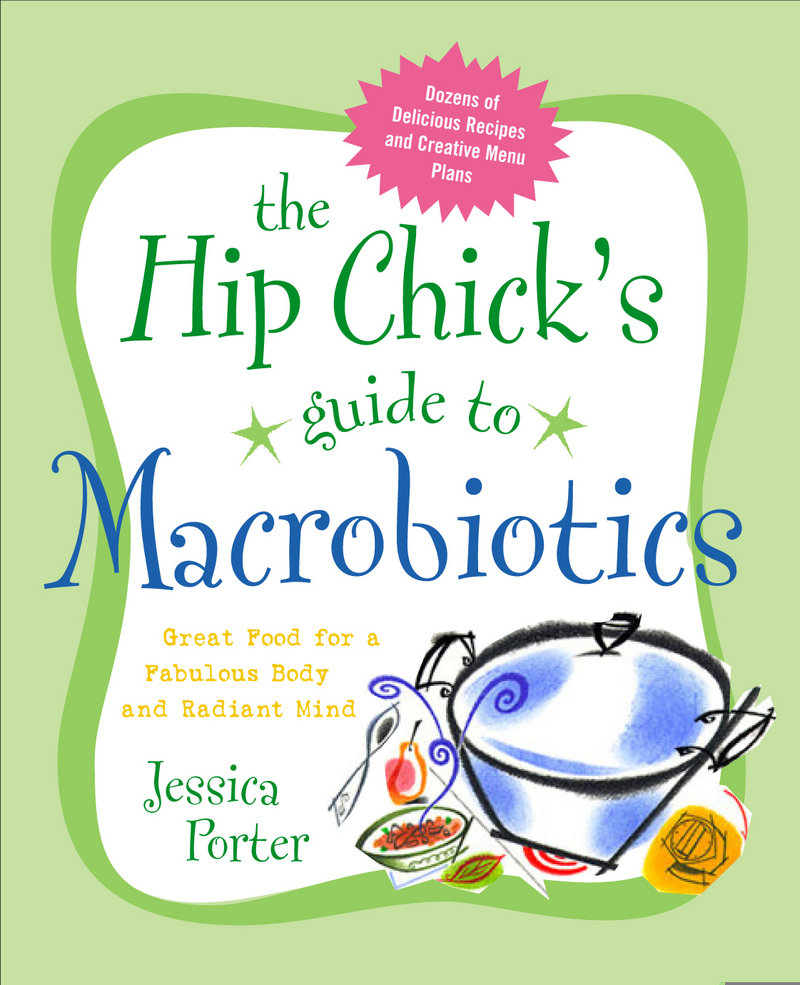While macrobiotic eating is slowly becoming more visible in Maine, it remains a bit of a mystery to many. But in health-conscious Southern California, macrobiotic food is not only “cool, it’s normal.”
That’s the word from macrobiotic author and teacher Jessica Porter, who lives in Santa Monica.
A former Mainer, Porter lived in Portland when she wrote “The Hip Chick’s Guide to Macrobiotics.” The fun book — which mixes humorous advice and explanations with recipes — was published in 2004 and reigns as Amazon’s top seller in the macrobiotic category.
Porter returns to Portland next week to conduct a macrobiotic cooking class a week from today, followed by a lecture the following Friday, “Is the Macrobiotic Diet Vegan?” Both will take place at the Five Seasons Cooking School on Munjoy Hill.
“With the burgeoning interest in plant-based eating, I think the community needs to clarify the difference,” Porter said.
The short answer is that macrobiotic eating isn’t inherently vegetarian, but it can easily be adapted to avoid all animal-based foods. However, Porter intends to explore the topic on a deeper level.
She’ll discuss the different motivations behind the two approaches to food. While vegans may follow a strict plant-based diet for a variety of reasons — including concerns for animal rights, environmental sustainability and general wellness — people eating a macrobiotic diet tend to have one motivation, which is a desire to achieve health and balance.
“If someone’s making the decision to not eat animal protein and not looking at the energy of food, it’s not enough of an organizing principle to stay well,” Porter said.
Porter explains that just like their meat-eating relatives, vegans can experience health issues when their diets contain lots of junk food (think vegan cookies, nondairy ice cream and potato chips) and an abundance of processed foods (such as soda, fake meats and microwave meals), but too little in the way of whole foods.
“I want to teach people the fundamentals of a healthy, whole-foods, plant-based diet,” Porter said. “Vegans are doing something great. I want them to take care of the other animal in the room, which is themselves.”
Macrobiotics centers on the concept of yin and yang. Some foods, such as white sugar, are very yin, and others, such as meat, are extremely yang. A meat eater who consumes a lot of sugar can make a hard correction by eating a piece of chicken. But a vegan who eats a lot of sweets has no way to swing his or her energy level back to the center.
In contrast, those following a macrobiotic diet stick to foods that are equally balanced between yin and yang, such as whole grains, beans, seaweed, leafy greens, vegetables and white fish.
“The nice thing about macrobiotics is you can do it totally vegan,” Porter said.
And that’s exactly what she’ll demonstrate in the July 28 class.
During the cooking demonstration, Porter will talk about the general principles behind macrobiotic meals while showing participants how to make a variety of dishes, including watermelon soup, quinoa salad, soybean succotash and blueberry pie with a pine nut crust.
Everyone will get to sample her creations at the end of the class.
Porter, who has followed a macrobiotic diet for 20 years, is at work on a new book about how women can stay healthy as they age.
She recently helped actress Alicia Silverstone write her popular vegan cookbook, “The Kind Diet.”
Porter also teaches a variety of classes, including macrobiotic cooking sessions and workshops on hypnobirthing and hypnosis for actors.
But macrobiotic cooking — and eating — remain a top passion. And in Southern California, where vegan and even macrobiotic restaurants are plentiful, Porter never goes hungry.
Staff Writer Avery Yale Kamila can be contacted at 791-6297 or at: akamila@pressherald.com
Copy the Story Link
Send questions/comments to the editors.




Success. Please wait for the page to reload. If the page does not reload within 5 seconds, please refresh the page.
Enter your email and password to access comments.
Hi, to comment on stories you must . This profile is in addition to your subscription and website login.
Already have a commenting profile? .
Invalid username/password.
Please check your email to confirm and complete your registration.
Only subscribers are eligible to post comments. Please subscribe or login first for digital access. Here’s why.
Use the form below to reset your password. When you've submitted your account email, we will send an email with a reset code.